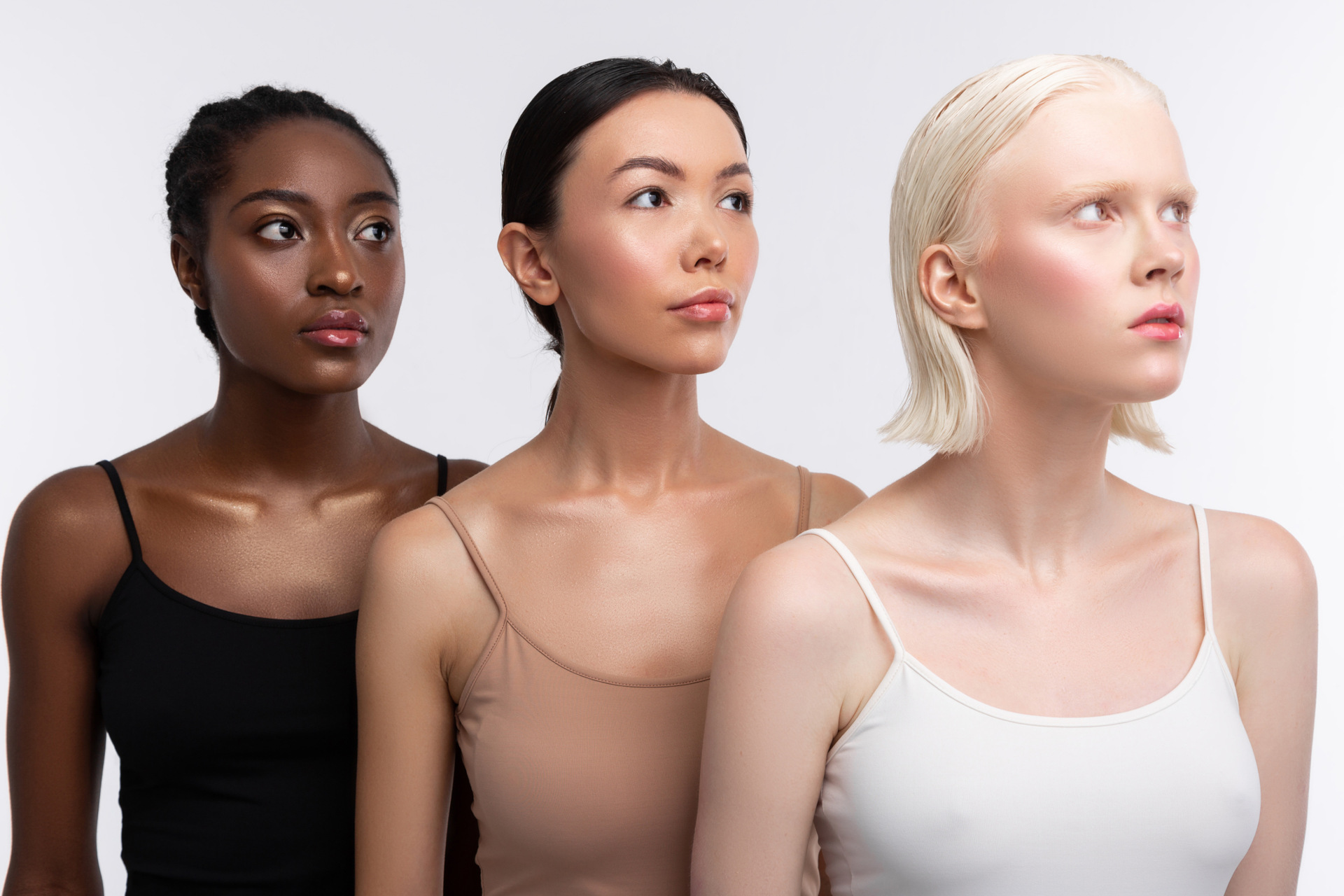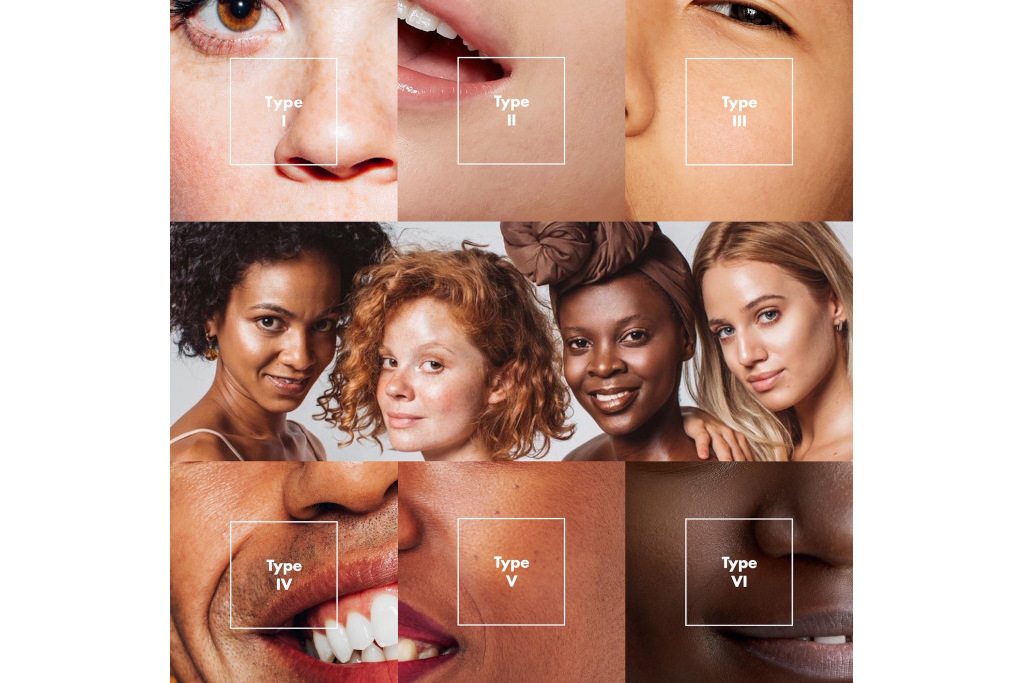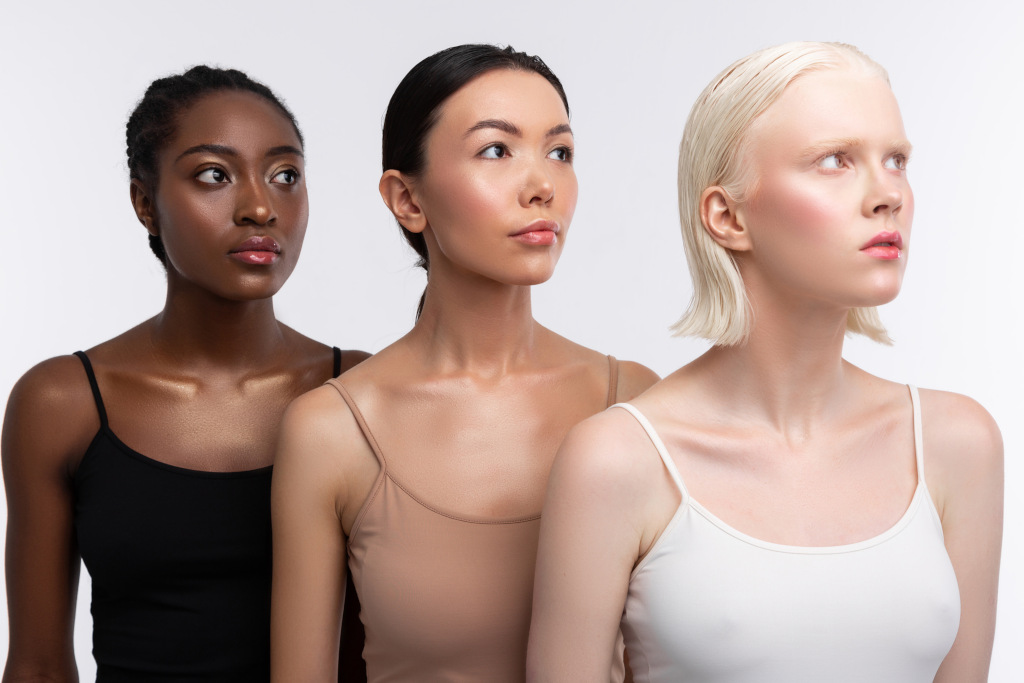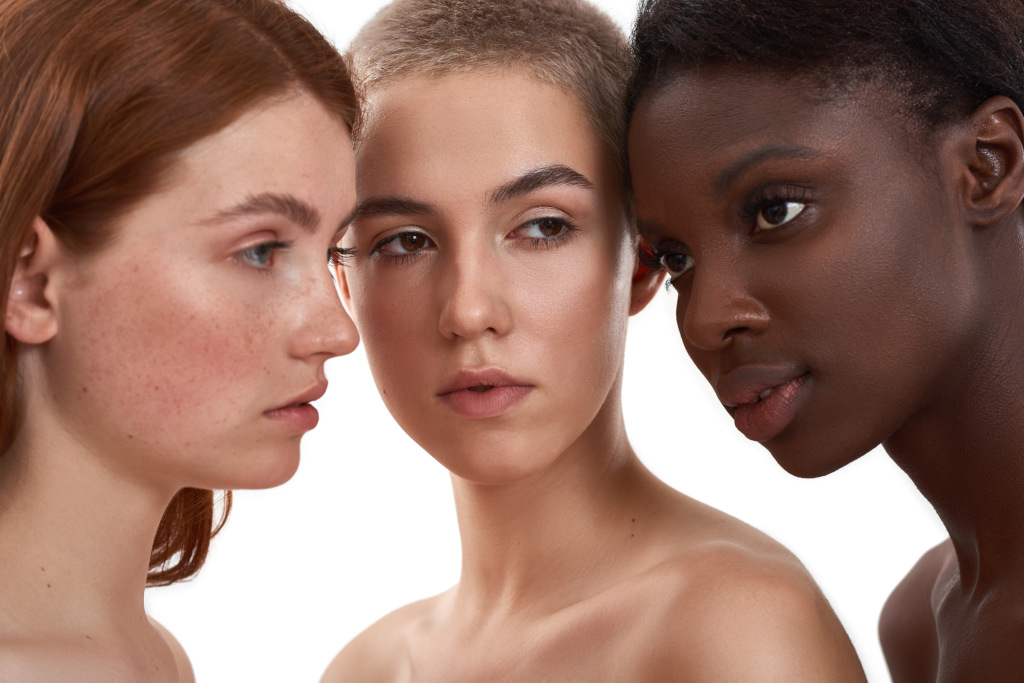SKINCLUSION: Addressing Representation in Skincare
By
1 year ago
Breaking down the lack of representation in skincare

Anti-ageing expert Dr Yusra Al-Mukhtar on how the beauty industry is beginning to address inclusion when it comes to skincare. In particular, the campaign SKINCLUSION, focuses on breaking down unconscious bias when it comes to skincare products…
What is SKINCLUSION?
Historically, there’s been a lack of representation in marketing when it comes to different colour skins; a lack of skincare protocols for different coloured skins and a lack of research on skin of colour. In 2019, Obagi, a clinical grade, global skincare brand for whom I am an ambassador, started SKINCLUSION, a global awareness initiative celebrating diversity and inclusion in skincare.
Actor, producer and activist Priyanka Chopra Jonas fronted the campaign as the first SKINCLUSION ambassador. Now it’s Grace Strobel, Down Syndrome advocate, role model, model and speaker. SKINCLUSION aims to spark actions that are more inclusive and reflective of all our beautiful differences and challenge our unconscious bias.
Obagi is also the first medical skincare brand to design its clinical research protocols to cover all six skin types across the Fitzpatrick skin spectrum.

Fitzpatrick scale
The Fitzpatrick scale is a classification schema for human skin colour that was developed in 1976 to classify skin type according to its reaction to sun exposure. Darker skin types have more melanin and so behave differently to lighter skin types. Understanding how each skin type behaves is crucial to developing skincare products that work for all skin tones. No detail is too small when it comes to formulation, and breakthrough innovation begins with a deep understanding of skin biology.
Why is it so important for people to feel represented in the skincare sphere?

In Kantar’s 2019 Ad Reaction1 study, ‘Getting Gender Right’, three out of every four consumers believes the way they are portrayed in advertising is completely out of touch, while 65 per cent of consumers told Global MONITOR2 that it’s important that the companies they buy from actively promote diversity and inclusion in their business.
But when it comes to buying skincare products, each person’s skin unique, and it’s important to know if the products you use on are safe, and tested, for your skin type. When it comes to skin conditions, skin behaves differently; for example, darker skin is rich in melanin which is more likely to result in hyperpigmentation when it heals from conditions such as acne, eczema or keloid scarring. If skincare products are only tested on white skin, and claim to treat hyperpigmentation, how can you trust they are formulated to work for melanin-rich complexions that heal differently?
How to Get Flawless Skin with Harrods’ Skin Genius Dr Marwa Ali
What is the aim of the SKINCLUSION initiative?
Obagi’s SKINCLUSION campaign is dedicated to elevating the global dialogue about diversity and how we can all make conscious choices to see the beauty in all our differences. To be fully inclusive, we all must recognise our own unconscious bias, which can cause ‘blind spots’ that prevent us from seeing the humanity we all share.
Are we seeing positive change in the industry?
Yes, the tide is changing and the dialogue is happening. People are recognising how little they know and what they should be aware of. This needs to change to ensure skincare compares don’t just cater for Caucasian skin, but skin of all tones and colours.
A study by Eyecue Insights of 70 beauty brands showed that, before the summer of 2020, only 13 per cent of images on Instagram showed darker-skinned models. In June 2020, in the midst of the racial justice uprisings, darker-skinned models made up almost 25 per cent of images, but this rise hasn’t been consistent or maintained, so it’s important we keep the conversation going.

What could brands be doing better?
Brands must include the studies and insights from medical professionals who treat skin of colour, or have skin of colour, on skincare advisory boards to ensure inclusion and better representation of inclusivity and relevance to all skin types.
For more info about Dr Yusra Clinics, visit dryusra.com
To find out more about Obagi’s SKINCLUSION campaign, visit pureobagi.com/en/skinclusion
READ MORE: The Best Face Masks For All Skin Types / British Skincare Brands to Make Your Skin Sing / The Best Treatment Cleansers for All Skin Types






